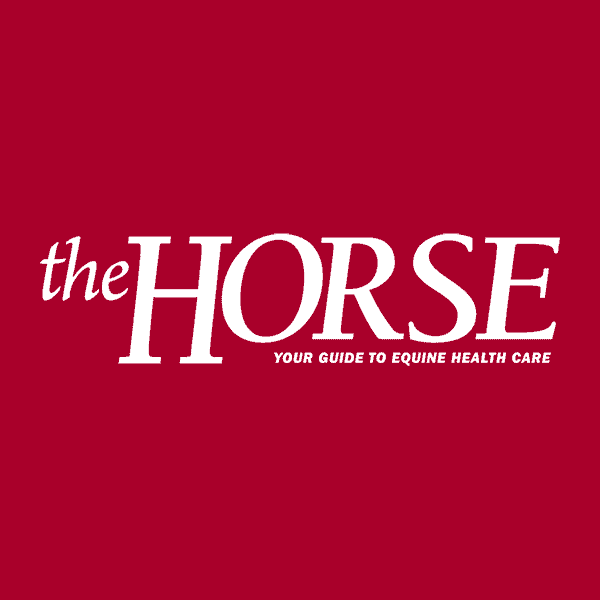West Nile Virus Found in Washington Horse
The Washington State Department of Agriculture (WSDA) recently announced that West Nile virus (WNV) has been confirmed in a 14-year-old horse in Island County. The horse, which became ill early in October, is recovering. It is the first horse
- Topics: Article, West Nile Virus (WNV)
The Washington State Department of Agriculture (WSDA) recently announced that West Nile virus (WNV) has been confirmed in a 14-year-old horse in Island County. The horse, which became ill early in October, is recovering. It is the first horse known to have become infected with WNV in Washington.
“This is a reminder for horse owners to consider vaccinating their horses,” said Dr. Robert Mead, state veterinarian. “Now may be a good time to act because the vaccine requires two doses three to six weeks apart, and immunity will not be achieved until five weeks after the second vaccine. An annual booster should be given just prior to the start of the mosquito season in your area.”
The Island County horse received the two-shot vaccine Sept. 4 and Oct. 2. The animal became ill 10 days later, indicating that the horse was bitten by an infected mosquito before immunity was established.
The test results were reported by the Washington Animal Disease Diagnostic Laboratory in Pullman, and confirmed Nov. 13 by the USDA’s National Veterinary Services Laboratory in Ames, Iowa
Create a free account with TheHorse.com to view this content.
TheHorse.com is home to thousands of free articles about horse health care. In order to access some of our exclusive free content, you must be signed into TheHorse.com.
Start your free account today!
Already have an account?
and continue reading.

Written by:
The Horse Staff
Related Articles
Stay on top of the most recent Horse Health news with















